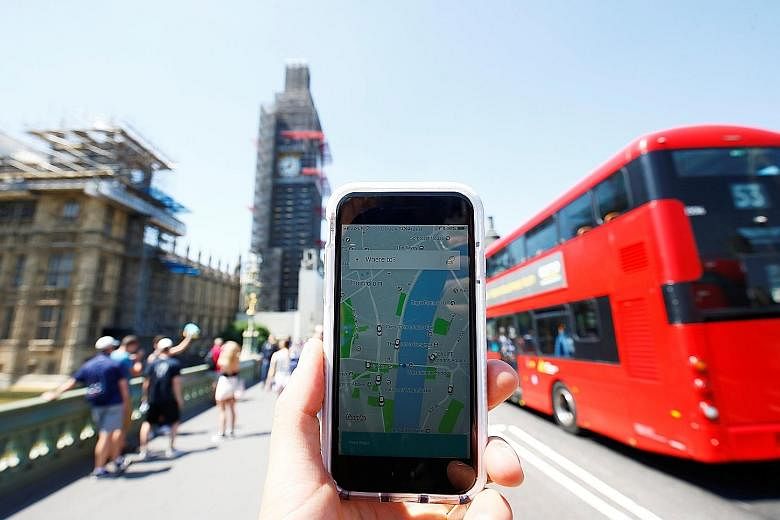Three years ago, Zenith Media's Tom Goodwin noted: "Uber, the world's largest taxi company, owns no vehicles. Facebook, the world's most popular media owner, creates no content. Alibaba, the most valuable retailer, has no inventory. And Airbnb, the world's largest accommodation provider, owns no real estate. Something interesting is happening."
Mr Goodwin observed that "these companies are indescribably thin layers that sit on top of vast supply systems (where the costs are) and interface with a huge number of people (where the money is)". He concluded that "the interface is where the profit is" and "trust is the most important asset".
Already a subscriber? Log in
Read the full story and more at $9.90/month
Get exclusive reports and insights with more than 500 subscriber-only articles every month
ST One Digital
$9.90/month
No contract
ST app access on 1 mobile device
Unlock these benefits
All subscriber-only content on ST app and straitstimes.com
Easy access any time via ST app on 1 mobile device
E-paper with 2-week archive so you won't miss out on content that matters to you

